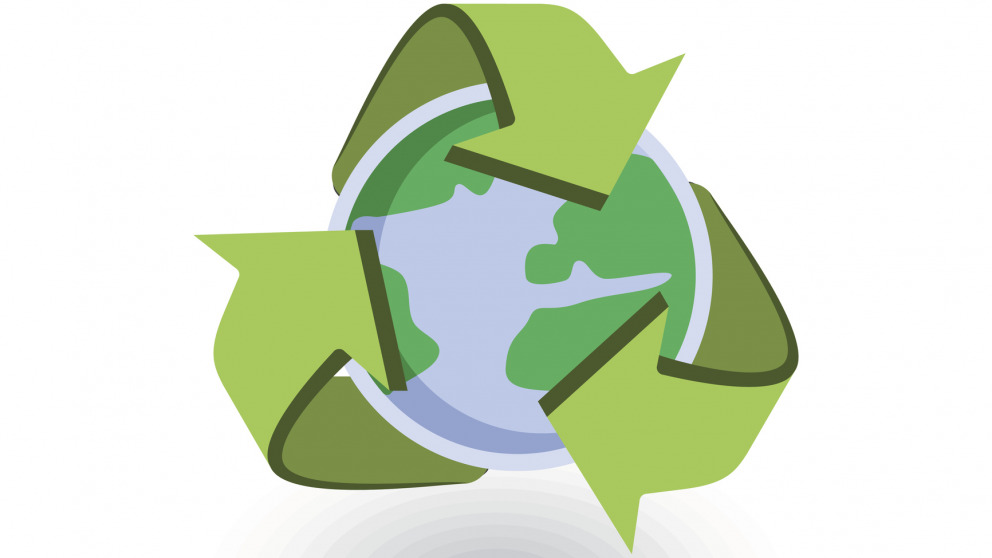Development of standardised guidelines for the lifecycle assessment of carbon dioxide conversion
Duration

Carbon Capture and Utilization (CCU) technologies have the potential to reduce the consumption of other fossil resources. In doing so, they will not only expand the range of raw materials, but also protect natural resources and reduce emissions. The first products made from recycled carbon - such as polyurethane for the manufacture of plastics - are currently going on sale. A number of countries support CCU research and development. However, the new technologies also entail challenges. For instance, capturing carbon consumes a lot of energy, which in turn causes greenhouse gas emissions. A comprehensive assessment of the environmental impacts is therefore needed to determine the potential of CCU technologies.
A lifecycle analysis from the cradle to the grave
Lifecycle analyses have proven useful for such comprehensive environmental impact assessments. Ideally, they take account of a product's entire lifecycle from the cradle to the grave - such as from the extraction of raw materials to waste disposal. However, a number of previous lifecycle analyses have only provided partial information that can be misinterpreted. This project aims to develop a standardised lifecycle analysis approach especially for CCU technologies. These guidelines are intended to reduce methodological uncertainties and increase the transparency of lifecycle analysis results for emerging technologies. In addition, the guidelines describe reference scenarios, such as the conversion of relatively pure carbon dioxide from ambient air and of more contaminated carbon dioxide from power plant emissions.
Guidelines for stakeholders from industry, politics, and research
The project will produce comprehensive guidelines for the lifecycle analysis of CCU technologies from various sectors. These guidelines will greatly reduce the ambiguity of previous analyses so that stakeholders from industry, politics, and research can make better decisions. This project is closely related to the "Development of standardised guidelines for the techno-economic assessment of carbon dioxide conversion processes" project.